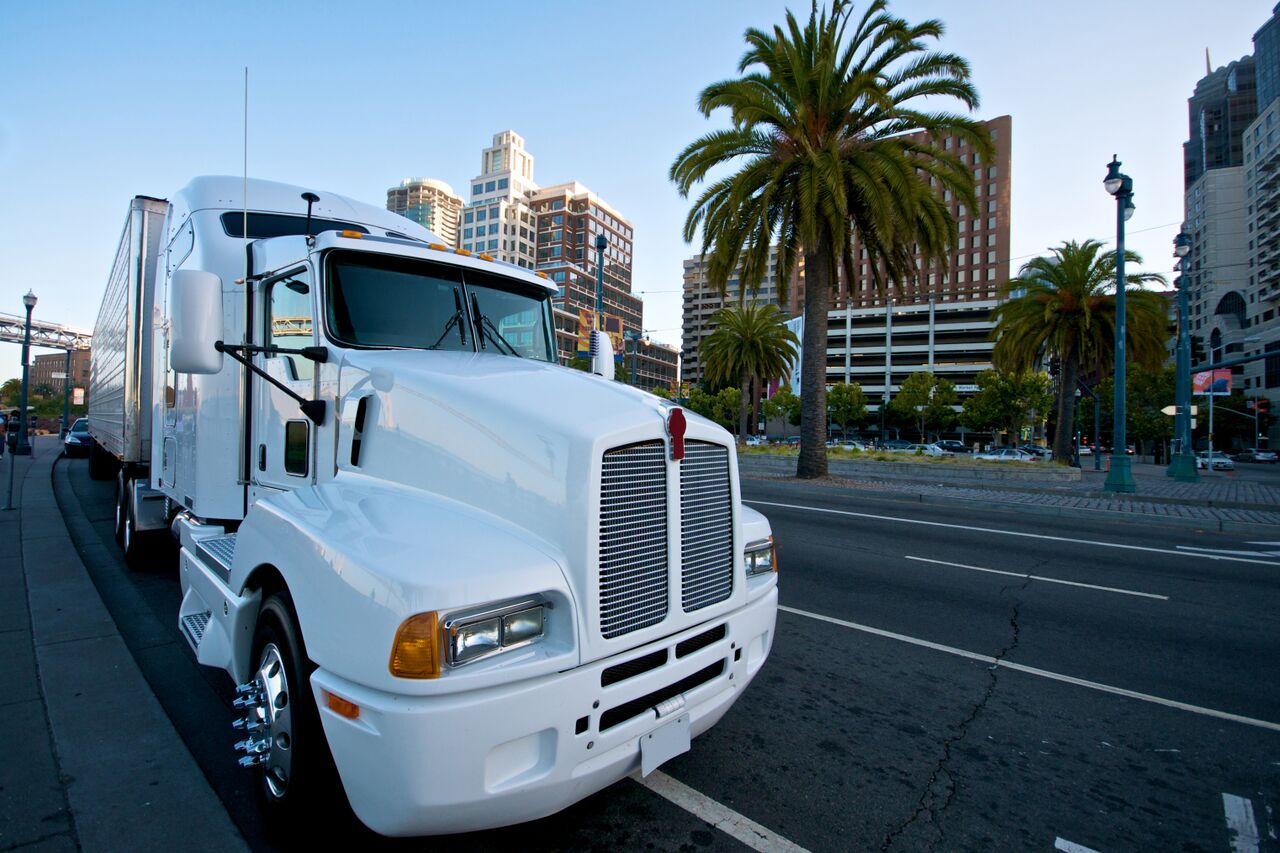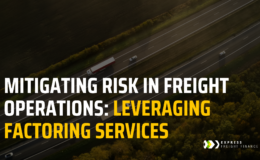The COVID-19 pandemic has forced us all to rethink the way we do things. Entire industries have had to shift to stay relevant and top-of-mind with clients.
Consumers are embracing e-commerce more than ever to minimize contact with others and follow the guidance provided by healthcare experts. At the center of economic activity is the trucking industry, which is trying to maintain supply chains while keeping drivers safe.
Yet even within the trucking industry, moves are being made to shift to electric vehicles and sustainable trucking in the near future.
The Petroleum Roller Coaster
To say that the oil industry took a bit of a hit during the pandemic is an understatement. Oil dropped by millions of barrels in March and April. In May, sales were slated to drop below 12 million barrels, which led the price of fuel to plummet.
People were traveling less, airlines were grounding flights to reduce the spread of the virus, and public transportation came to a halt in many cities in the United States.
As many countries are now past their peak pandemic, and since places in the United States are reopening, petroleum sales are on the rise, and the price per barrel is starting to spike. In short, the market is volatile, and the trucking industry may end up shouldering a good portion of the cost.
Sustainable Trucking
The idea of sustainable trucking has been around for years, though the technology and price scale were always out of reach. During the pandemic, as the world watched the volatility of the petroleum market, people wanted to make a clean break from the dependency on oil and its rapidly fluctuating prices.
Manufacturers started to focus on viable and powerful electric motors for Class-8 vehicles, which would give the trucking industry more autonomy and reduce fuel expenses. This major hurdle, as with parking, is making sure there are enough charging stations along major routes to keep trucks moving.
Outside of electric vehicles, UPS is making the switch to natural gas-powered trucks and is projected to achieve a 50% conversion for their fleet by the end of this year.
California is aiming to achieve zero emissions by 2045, though how it will handle shipments from out-of-state remains to be seen. But through it all, sustainable trucking could reduce costs and give carriers the freedom they need from the petroleum roller coaster.







